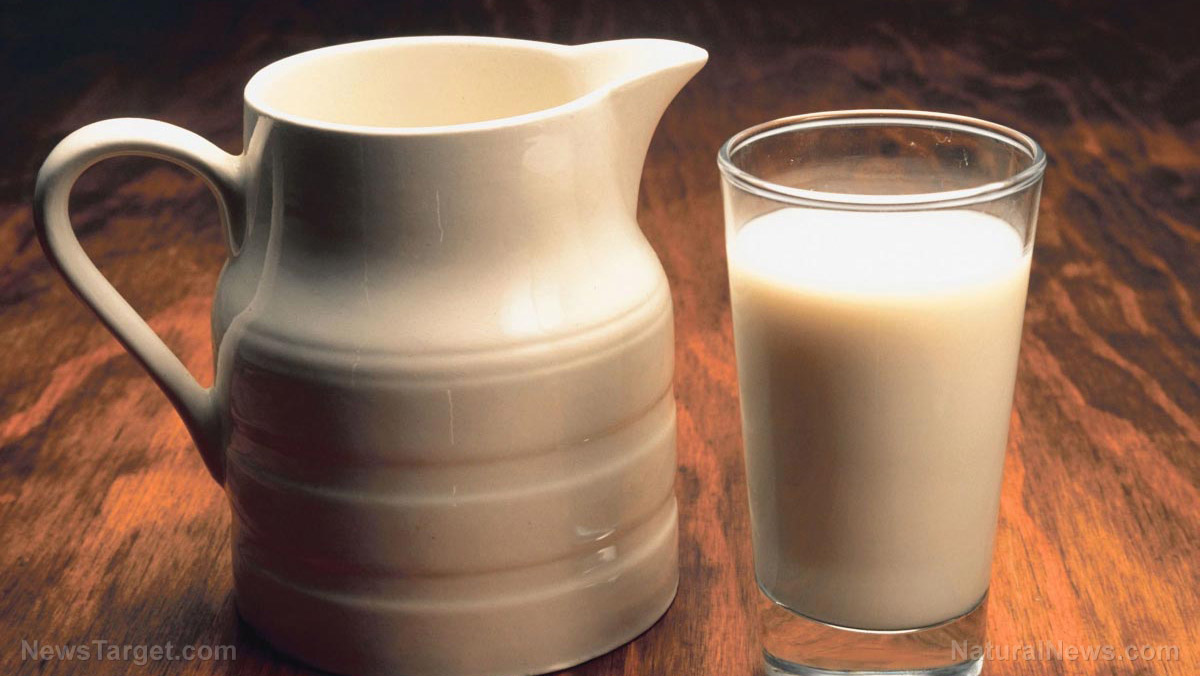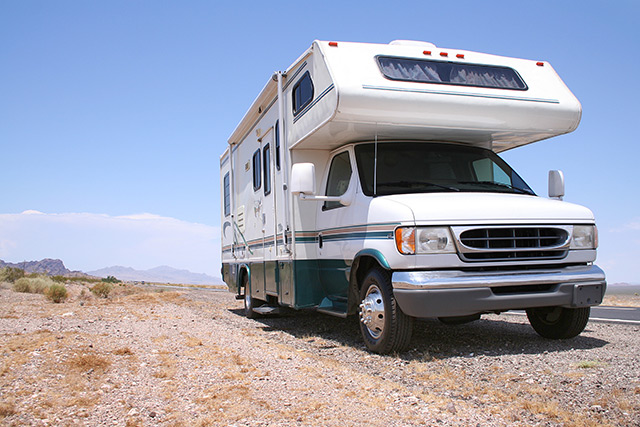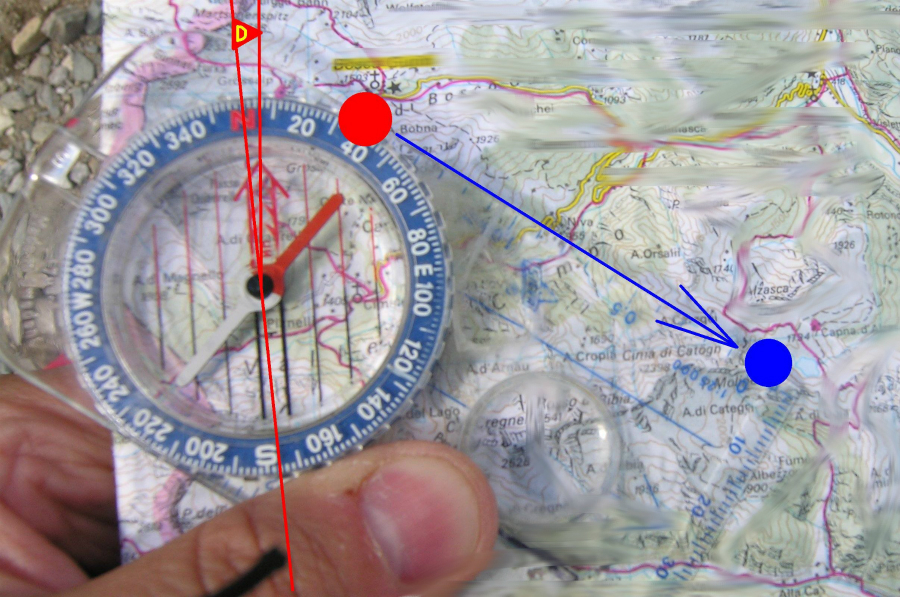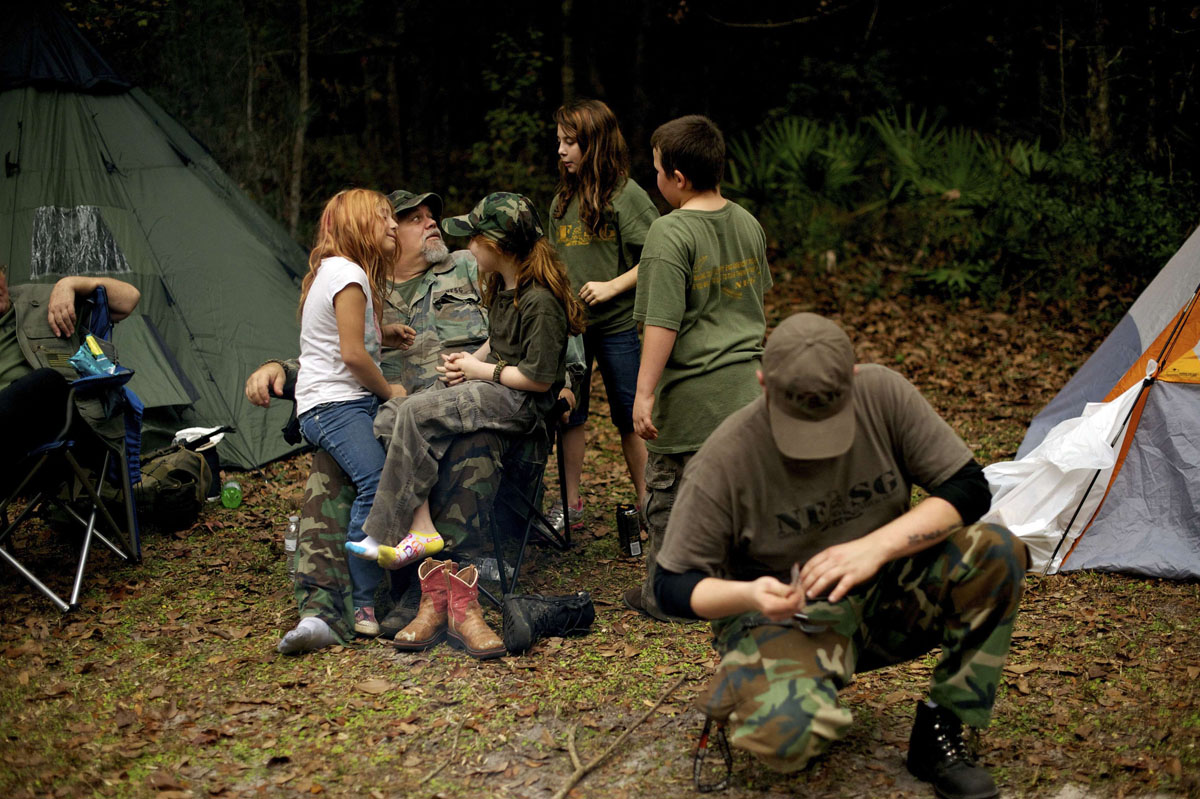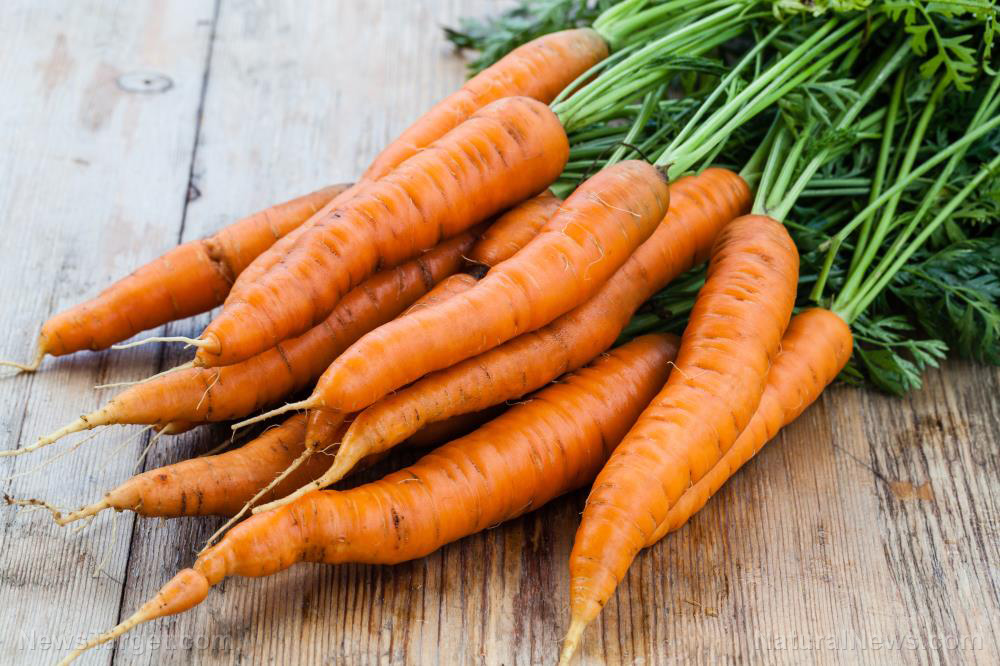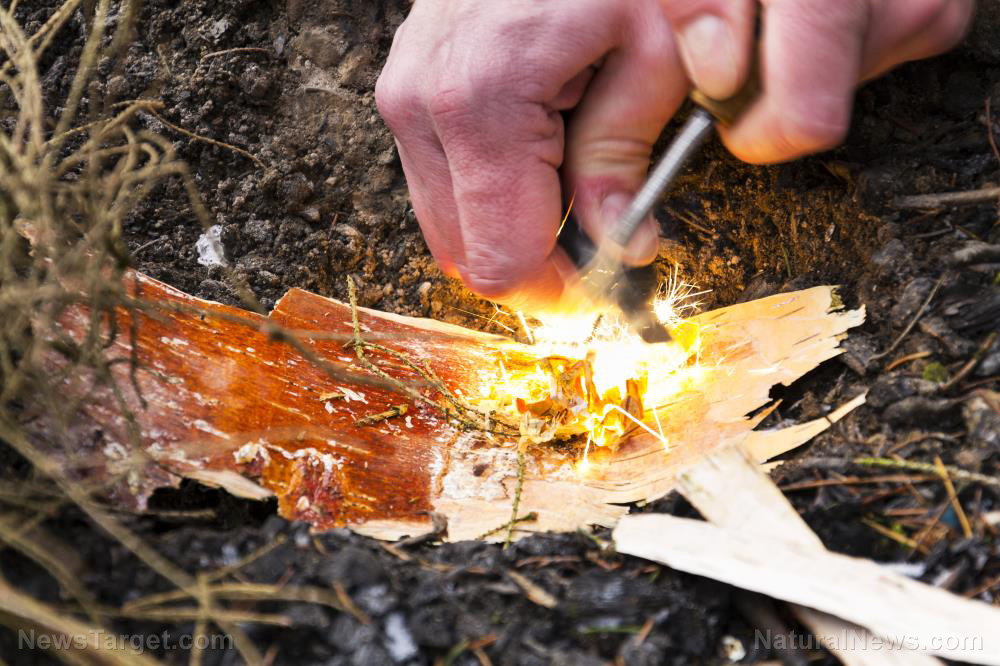Practice self-sufficiency and self-discipline by using your survival preps every day
08/30/2019 / By Mary Miller

Many preppers believe that all their survival gear and prepping equipment should only be used during an emergency. However, this kind of thinking limits the practical applications of one’s survival preps. If you’ve already put in a lot of effort in your preparation for some undetermined future event, why wait until then to experience the fruits of your labor? Using your survival preps daily will not only be a more efficient use of your resources, but it will also allow you to practice self-sufficiency and self-discipline. (h/t to Survivopedia.com)
Rotate your food stockpile
The last thing you want to happen is to find yourself hungry in a survival situation. In this hypothetical situation, you might not even worry at first, knowing that you’ve stockpiled several month’s worth of food in your pantry just for such an occasion. Imagine your shock when you open your pantry door and find swollen cans of food long past their expiration dates. Even when stored in the best of conditions, food will still inevitably go bad.
You can avoid ending up with a survival pantry full of expired food by rotating your food stocks on a regular basis. Follow a “first in, first out” rule and replenish your food supply items as you use them up. Create a minimum stocking level for each item, so that you’ll know immediately when you need to refresh your inventory. (Related: Food storage tips: Considerations for making the most out of your food prepping budget.)
Eat from your own garden
Growing your own edible garden comes with many benefits, such as saving time and money, and improving your overall health. If you already have a thriving edible garden, you don’t have to wait for your vegetables to fall off to start harvesting your produce. Taking care of a garden can require a lot of time and effort. You don’t want all your hard work to go to waste just because some hungry stray animal decided to start nibbling away at your produce. Food will always taste more delicious when you know it is a product of your hard work and dedication. Eating fruits and vegetables that you grew yourself ensures that you get full control over what you put inside your body. And, you can be certain that your crops are free of chemical fertilizers and pesticides.
Use off-grid sources of energy
Many preppers often make use of alternative energy sources, such as solar power. If you already have solar panels or wind turbines installed at your home, then why not make use of them to power a few small appliances? You might not be able to generate enough electricity to power everything in your home, but it will certainly be enough to help you cut down on utility bill. Your alternative energy sources can be especially useful if you hook them up to energy-efficient household items, such as compact fluorescent lamps and LED lighting.
Warm your home with a wood-burning stove
Do you own a wood-burning stove? If you do, then you can use it to cut down on your heating costs. If you don’t already have a wood-burning stove, you can easily build one with a little know-how and some elbow grease. It is possible to run a wood-burning stove absolutely free if you know where to look. It might require a little work but if you can find people who need trees cut down or dead limbs cut off, then you will have access to a constant source of firewood at no extra cost.
Using your survival setup familiarizes you with its capacity and exposes pitfalls while there is still time to fix them. If you are able to master the survival skills of self-sufficiency and self-discipline, then you can be ready for anything.
Sources include:
Tagged Under: alternative energy, bug in, bug out, edible garden, emergencies, Food storage, green living, home gardening, homesteading, off grid, preparedness, prepper, prepping, renewable energy, self discipline, self sufficiency, self-reliance, SHTF, solar panels, survival, survival food, survival gear, survival pantry, survivalist, wood burning stove
RECENT NEWS & ARTICLES
COPYRIGHT © 2017 OFFGRID NEWS


